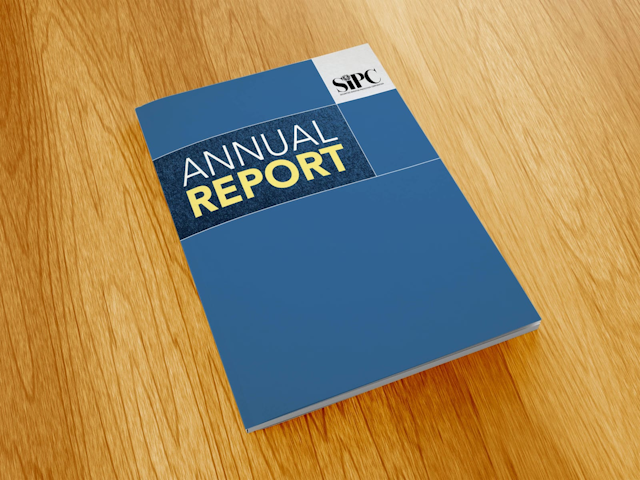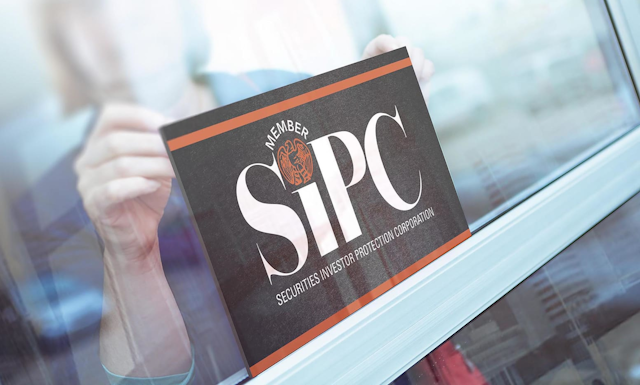NEW YORK CITY & WASHINGTON, D.C.///October 28, 2009/// As of noon EDT Tuesday, the total amount of Securities Investor Protection Corporation (SIPC) advances committed to customers in the Securities Investor Protection Act (SIPA) liquidation proceeding for Bernard L. Madoff Investment Securities LLC (BLMIS) has topped half a billion dollars ($534.25 million), with a total of 2,861 direct customer claims determined to date, according to BLMIS Trustee Irving H. Picard, who is a partner of Baker & Hostetler LLP.
In another major milestone: Securities Investor Protection Corporation President Stephen Harbeck announced that the SIPC advances committed in the Madoff proceeding now exceeds the total of all advances made in the 321 prior liquidations handled under SIPA since the act creating the Securities Investor Protection Corporation (SIPC) was passed by Congress in 1970.
In a briefing today for reporters, Picard and Harbeck said that as of noon EDT on October 27, 2009, SIPC committed advances to Madoff customers now totals $534,250,113.22. In SIPC's previous liquidations of brokerage firms from 1970 up to the time of the Madoff case, a total of $520 million has been advanced to pay customers and for the expenses of those cases.
The $534.25 million in committed advances for the allowed customer claims determined so far against BLMIS is a subset of the total allowed claim figure of $4,436,428,689.94.
BLMIS Trustee Irving H. Picard said: "I am pleased to report that we have made significant headway in recent months in the processing of BLMIS customer claims under what have been very challenging circumstances. With more than $4.43 billion in customer claims already allowed and advances of over half a billion dollars committed by SIPC, the Trustee's office is working tirelessly to ensure that every BLMIS customer with a valid claim is given full consideration and handled as expeditiously as possible. That will continue to be our focus in the coming weeks and months."
SIPC President Harbeck said: "The fact that one liquidation proceeding has now involved more in advances from SIPC's reserve than all 321 of the liquidations that preceded it is a testament to both the wisdom of those who created this safety net for investors and the resiliency of the safety net itself. Much of the work done by every trustee and his or her counsel is identifying and gathering the assets of the member and distributing them in a fair and equitable way to all customers of the failed brokerage. Trustee Picard, his counsel and consultants have done admirably in a difficult proceeding to deliver on SIPC's mission."
SIPC maintains a special reserve fund authorized by Congress to help investors at failed brokerage firms.
































